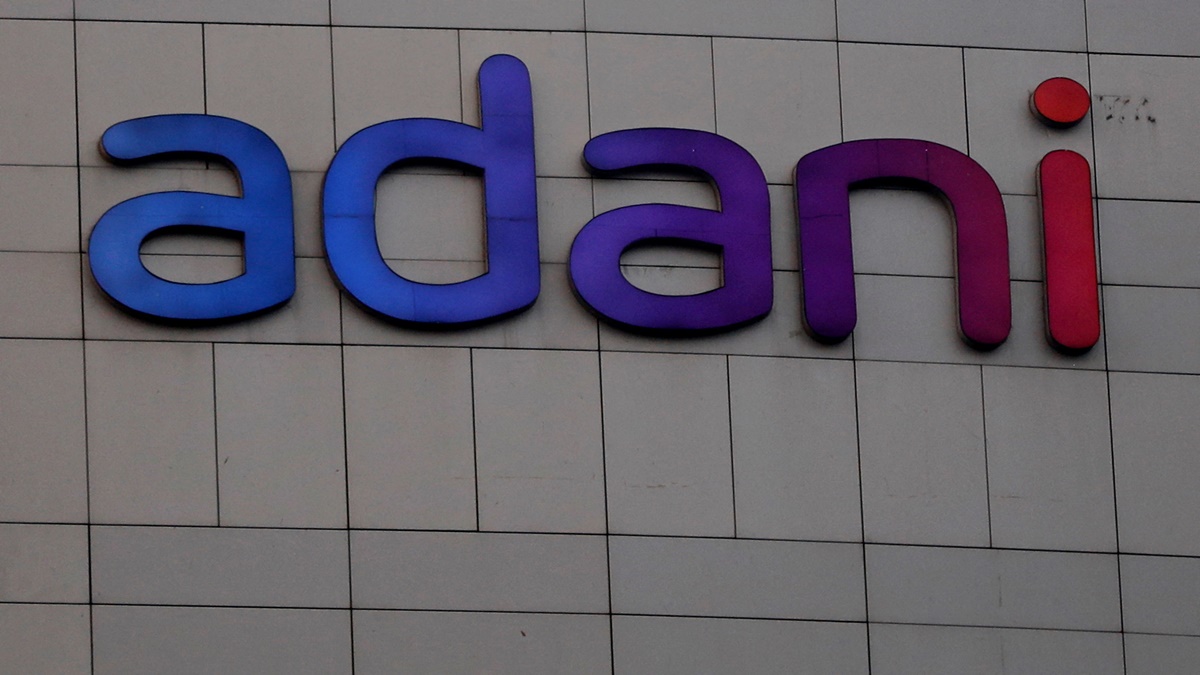In a significant move to bolster its presence in the Asia-Pacific region, Adani Ports and SEZ (APSEZ), India’s largest private port operator, has made headlines with its recent acquisition of a coal export terminal in Australia. This strategic deal, valued at $2.4 billion and executed as a non-cash transaction, positions APSEZ to expand its influence in international maritime trade.
Details of the Acquisition
The acquisition involves Abbot Point Port Holdings (APPH), which was obtained from Carmichael Rail and Port Singapore Holdings (CRPSHPL). APPH is the entity behind the North Queensland Export Terminal, a specialized export facility capable of handling 50 million tonnes per annum (MTPA). This terminal is strategically located at the Port of Abbot Point, just 25 kilometers north of Bowen on Australia’s eastern coastline.
Historical Context
APSEZ’s journey with the North Queensland Export Terminal began in 2011 when it acquired the asset for $2 billion. In a twist, the Adani family took ownership of the terminal in 2013 for the same amount, along with the capital invested, allowing APSEZ to concentrate on its operations in India. However, in the past two years, the company has been focused on establishing a dominant position on maritime routes crucial for enhancing Indian trade.
Financial Insights
As part of this acquisition, APSEZ plans to issue 143 million equity shares to CRPSHPL, effectively gaining complete ownership of APPH. The deal is based on an enterprise valuation of the North Queensland Export Terminal at A$3,975 million. Additionally, APSEZ will take on certain non-core assets and liabilities associated with APPH, which the company expects to manage effectively shortly after the acquisition is finalized. Notably, APSEZ’s leverage will remain consistent following this transaction.
Strategic Vision
Ashwani Gupta, the CEO and whole-time director of APSEZ, emphasized the significance of this acquisition in the company’s international strategy. He stated, "Acquiring NQXT marks a crucial step in broadening our export markets and securing long-term agreements with key stakeholders." Gupta also highlighted the terminal’s potential for growth, citing increased capacity and upcoming contract renewals as drivers for future success. The goal is to elevate EBITDA to A$400 million within the next four years.
Future Growth Potential
This acquisition is more than just a strategic investment; it aligns with APSEZ’s ambitious goal of doubling its volumes to 1 billion tonnes per annum by FY30. The company anticipates a substantial increase in volumes—from 35 million tonnes in FY25 to 120 million tonnes, including the exciting possibility of exporting green hydrogen from Australia.
Expanding Global Footprint
This marks APSEZ’s fourth international acquisition in just two years, further enhancing its portfolio to include 19 ports and terminals—15 in India and 4 abroad. In addition to Australia, APSEZ has established operations in Israel, Tanzania, and Sri Lanka, showcasing its commitment to expanding its global footprint.
In summary, APSEZ’s recent acquisition of the coal export terminal in Australia not only fortifies its market position but also sets the stage for innovative growth avenues in the global trade landscape.











